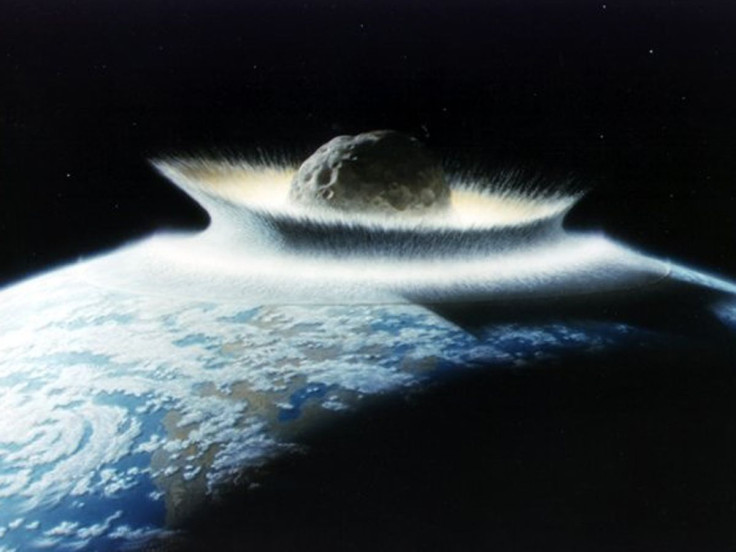NASA Funds New Plan Against Planet-Killer Asteroids

NASA has teamed up with the University of Central Florida (UCF) in hunting down asteroids that are big enough to wipe out all life on Earth. The new partnership involves using the most effective planetary radar system in the world.
Currently, NASA’s Center for Near Earth Object Studies (CNEOS) spearheads the agency’s effort in keeping track of asteroids that closely approach the planet. However, despite the effectiveness of CNEOS, NASA admitted that keeping track and identifying asteroids that fly near Earth can be challenging.
Recently, the agency was directed to identify 90 of the asteroids in space that are capable of destroying Earth. NASA has been ordered to complete this project by 2020.
Majority of these asteroids have the same size and magnitude as the space rock that hit Earth 66 million years ago and triggered a series of catastrophic events that wiped out over 70 percent of all life on the planet.
Unfortunately, due to budget constraints, it seems NASA will not be able to meet its deadline in identifying the majority of Earth-ending asteroids in space. As a solution, the agency has partnered with organizations that can assist in its asteroid-hunting effort.
NASA recently agreed to give the UCF $19 million to hunt planet-killer asteroids. The partnership, which will last for four years, involves the use of the new Arecibo Observatory in Puerto Rico. This facility was taken over by the UCF in 2018. It is known as having the most sensitive planetary radar system in the world, WFTV 9 reported.
Through the observatory, NASA will have a better chance at detecting asteroids way before they enter Earth’s neighborhood and breach its atmosphere. This will give the agency enough time to enact proper solutions against possible impact events.
Dr. Yan Fernandez, an astronomy professor at UCF, said that the partnership with NASA will be an effective endeavor in identifying cosmic threats. Aside from gaining a deeper understanding of the nature of asteroids, Fernandez noted that the project has the potential to save lives.
“It’s great for UCF, great for us as scientists,” he said. “We feel like we’re doing not just an academic experience and studying rocks in the stars. It could be life-saving.”
© Copyright IBTimes 2024. All rights reserved.





















